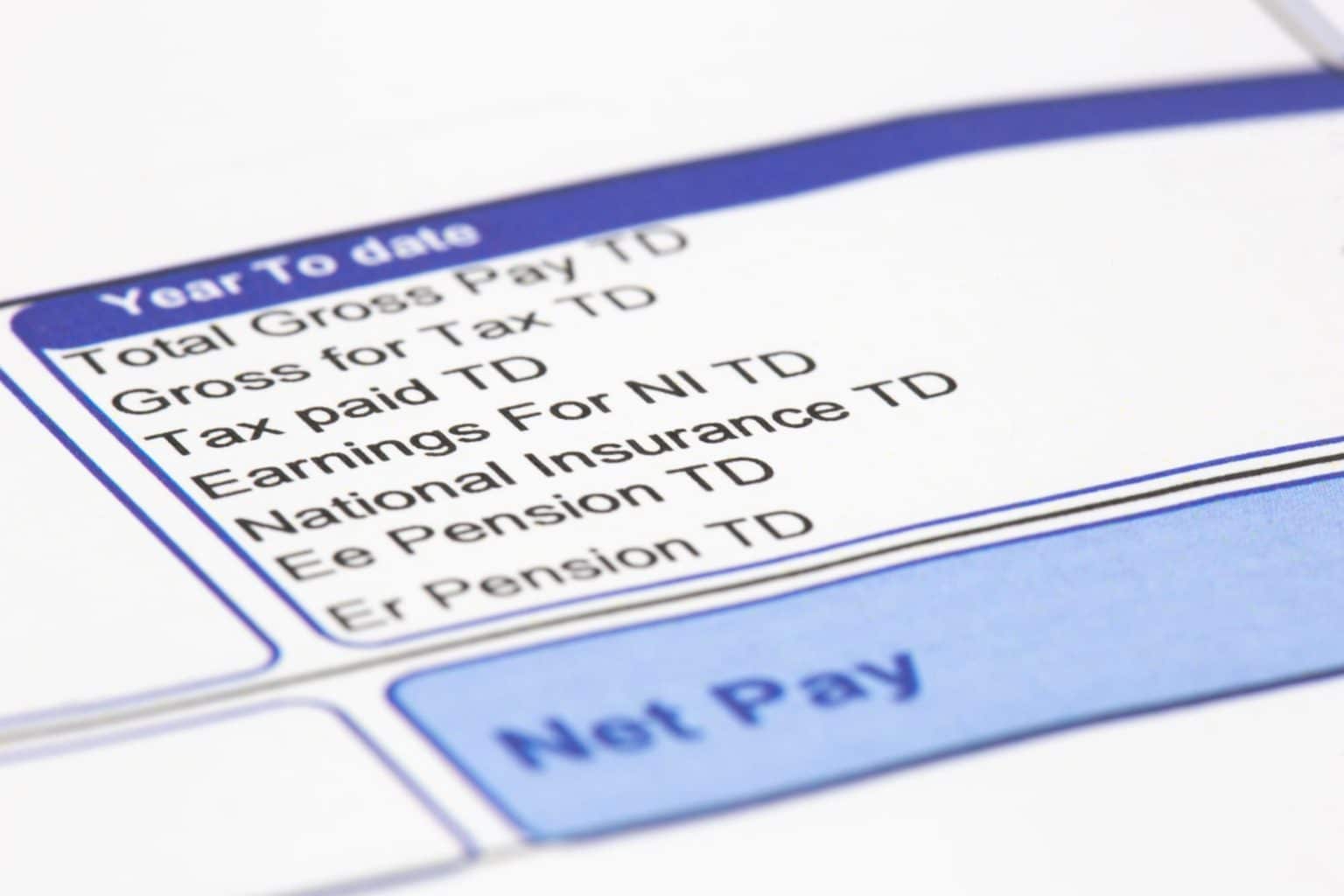Lower National Insurance Payments, But Beware Creeping Tax Increases
Early April saw the Government’s 2% reduction in National Insurance on wages take effect, which represents a welcome bonus for many, however we look ahead to a potential risk of tax increases further down the line.
The National Insurance (NI) rate has fallen from 10% to 8% for circa. 32 million employees1 across the UK and is the second cut this year, after a similar 2% drop in January. In terms of what these cuts mean, for example, someone earning £35,000 per year would save around £900 per year, according to data from the Government.2
For the self-employed, Class 4 NI contributions on all earnings between £12,570 and £50,270 were already due to be cut from a rate of 9% to 8% in April. They will no longer pay a separate category of NI called Class 2 contributions.The NI rate on income and profits above £50,270 remains at 2%.2
Taxing times ahead?
However, analysts in some quarters are forecasting a potential future issue. Whilst the cut in NI contributions is, on the face of it, very welcome, a freeze in income levels at which tax is paid until 20283 could leave many with a higher future income tax bill to be paid, as their incomes rise over time.
The financial impact will differ significantly – depending on whether people work, how much they earn, and other personal circumstances.
Known as ‘Fiscal Drag’, when tax thresholds do not keep up with the rising cost of living, more people are pulled into higher tax brackets, and raises a lot of additional money for the Government.4 According to the Office for Budget Responsibility, the two sets of national insurance cuts announced in the 2023 autumn statement and 2024 spring budget do not offset the extra income tax being paid across the population as result of the thresholds being frozen.3
The Resolution Foundation says that anyone earning up to £19,000 will still be worse off than if the personal allowance had been increased in line with inflation. The biggest gainers, it says, are those earning £50,000.3
Only time will tell how the current economic conditions and Government policies pan out, but it’s always worth taking a look behind the top headlines to see the other impacts of key decisions made to assess the impact, and if you do have any specific concerns, we’d always recommend seeking independent financial advice from a trusted professional.
Sources
- Statistica (2024) Number of people employed in the United Kingdom from March 1971 to February 2024.Available at: https://www.statista.com/statistics/281998/employment-figures-in-the-united-kingdom-uk/ [Accessed 17 April 2024]
- BBC News (2024) National Insurance calculator: How much will the 2p cut save me and what is income tax? Available at: https://www.bbc.co.uk/news/explainers-63635185 [Accessed 17 April 2024]
- The Guardian (2024) National insurance: how much better off will the 2p cut leave workers?. Available at: https://www.theguardian.com/money/2024/mar/06/national-insurance-cut-jeremy-hunt-budget [Accessed 17 April 2024]
- Voce, A. & Kirk, A. (2023) UK income tax: how fiscal drag leads to people falling into higher rates. Available at: https://www.theguardian.com/business/ng-interactive/2023/oct/02/uk-income-tax-how-fiscal-drag-leads-to-people-falling-into-higher-rates [Accessed 17 April 2024]
All the information in this article is correct as of the publish date 25th April 2024. The opinions expressed in this publication are those of the authors. The information provided in this article, including text, graphics and images does not, and is not intended to, substitute advice; instead, all information, content and materials available in this article are for general informational purposes only. Information in this article may not constitute the most up-to-date legal or other information.





